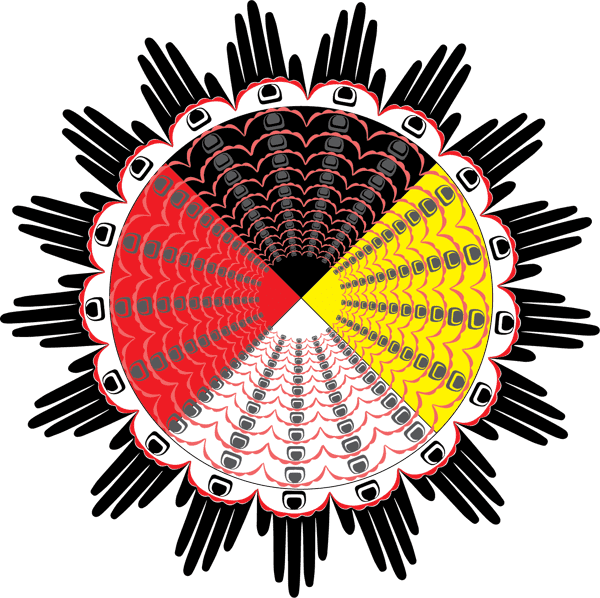National Gathering of Graduate Students
Title
Nunc non blandit massa enim nec dui nunc mattis enim. Faucibus interdum posuere lorem ipsum. Blandit aliquam etiam erat velit scelerisque in. Magna eget est lorem ipsum dolor sit amet.
Lectus proin nibh nisl condimentum id venenatis.
Enim nunc faucibus a pellentesque sit amet porttitor. Porttitor rhoncus dolor purus non enim praesent elementum facilisis leo. Imperdiet massa tincidunt nunc pulvinar sapien. Nunc eget lorem dolor sed viverra. Felis bibendum ut tristique et egestas quis ipsum suspendisse. Molestie at elementum eu facilisis sed odio morbi quis.
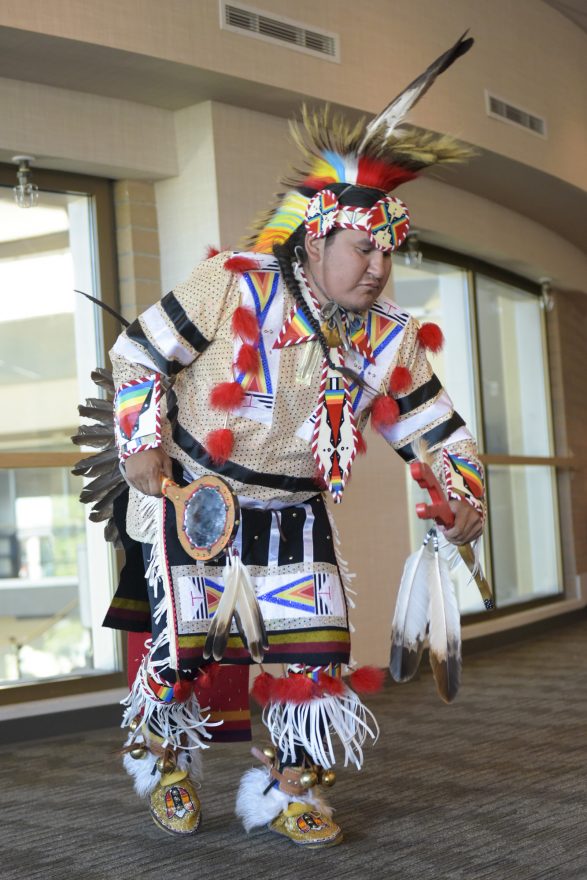
Title
Lorem ipsum dolor sit amet, consectetur adipiscing elit. Ut elit tellus, luctus nec ullamcorper mattis, pulvinar dapibus leo.
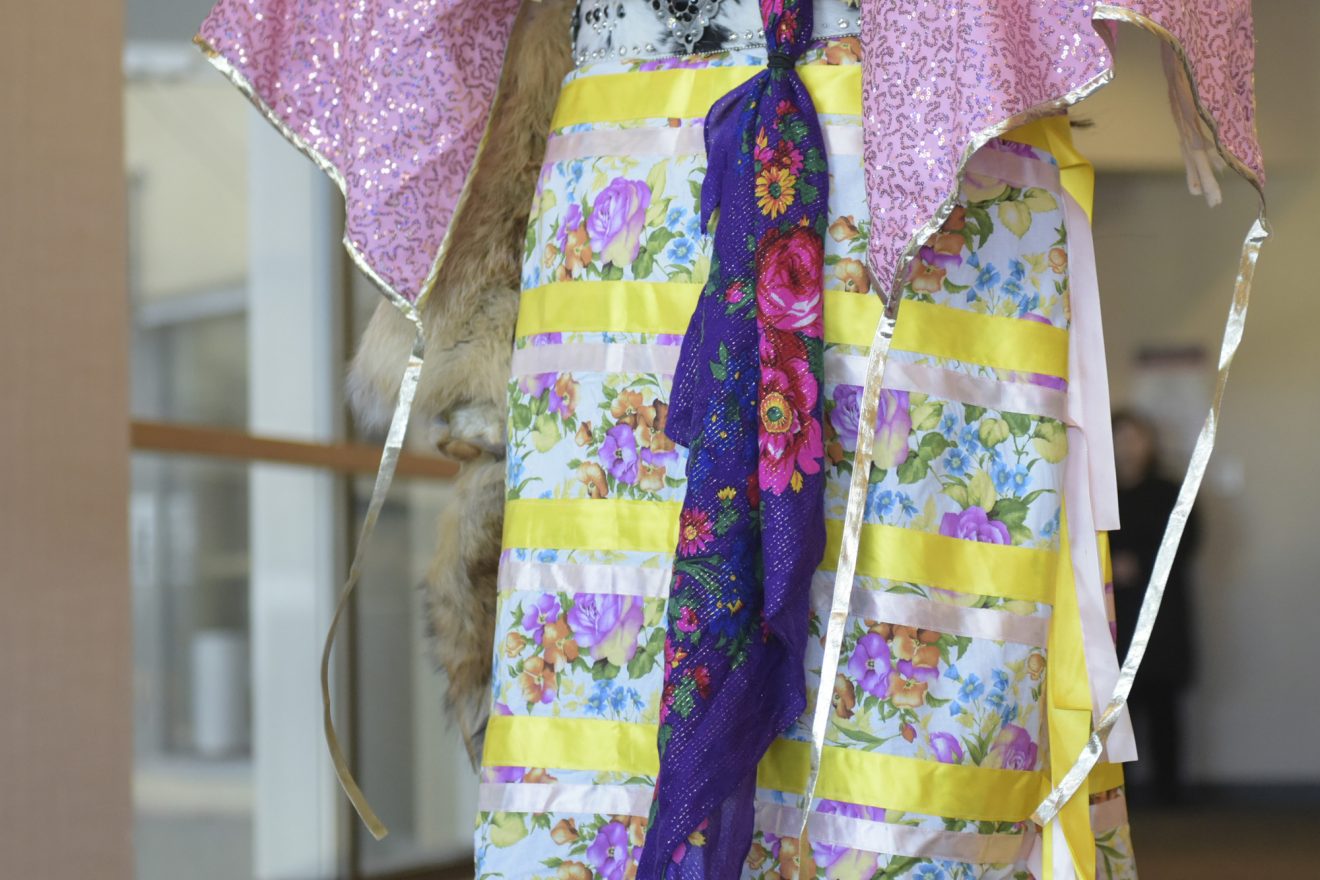
How to Successfully Negotiate with Influencers.
Lorem ipsum dolor sit amet, consectetur.
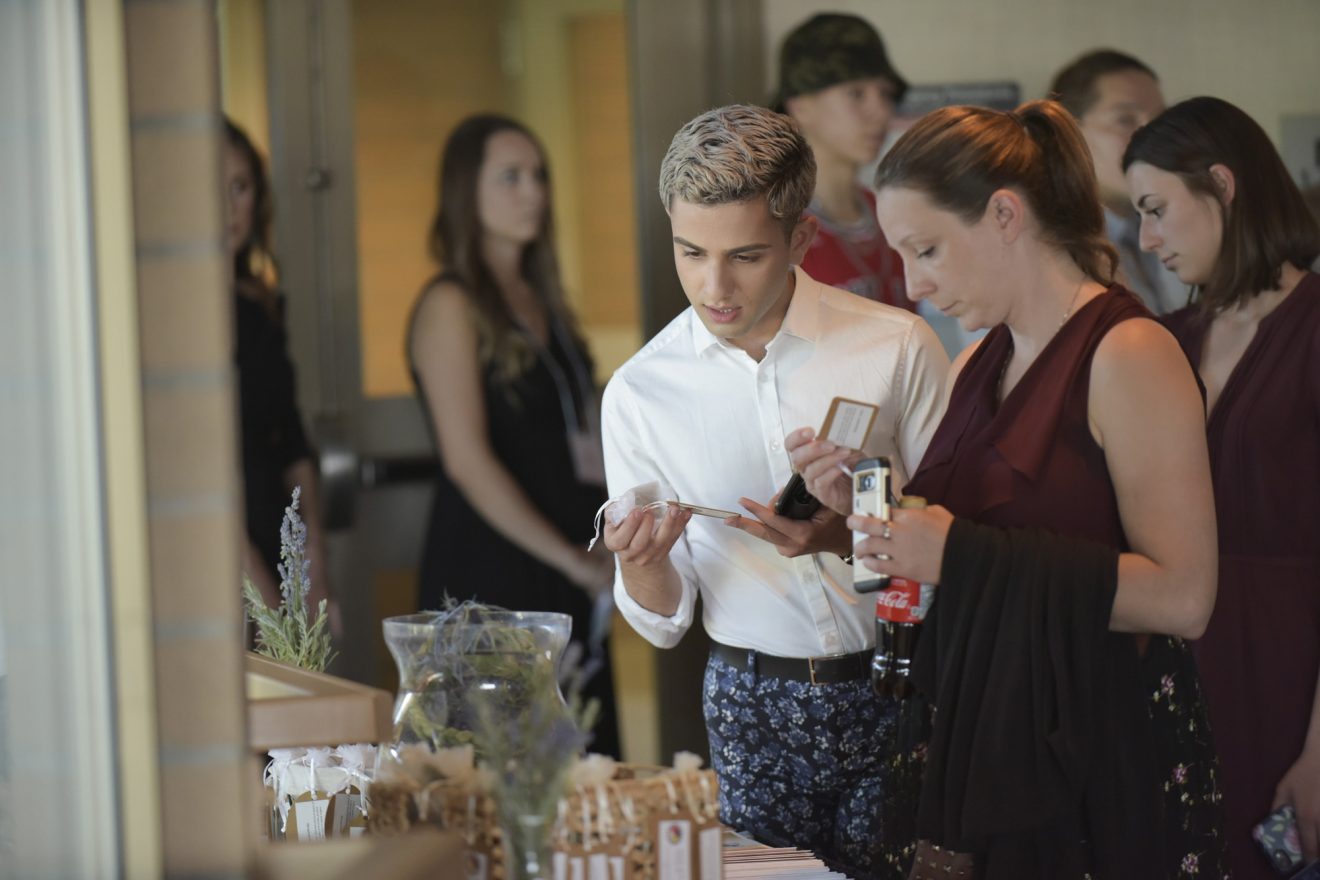
How to Find the Perfect Influencers for Your Niche.
Lorem ipsum dolor sit amet, consectetur.
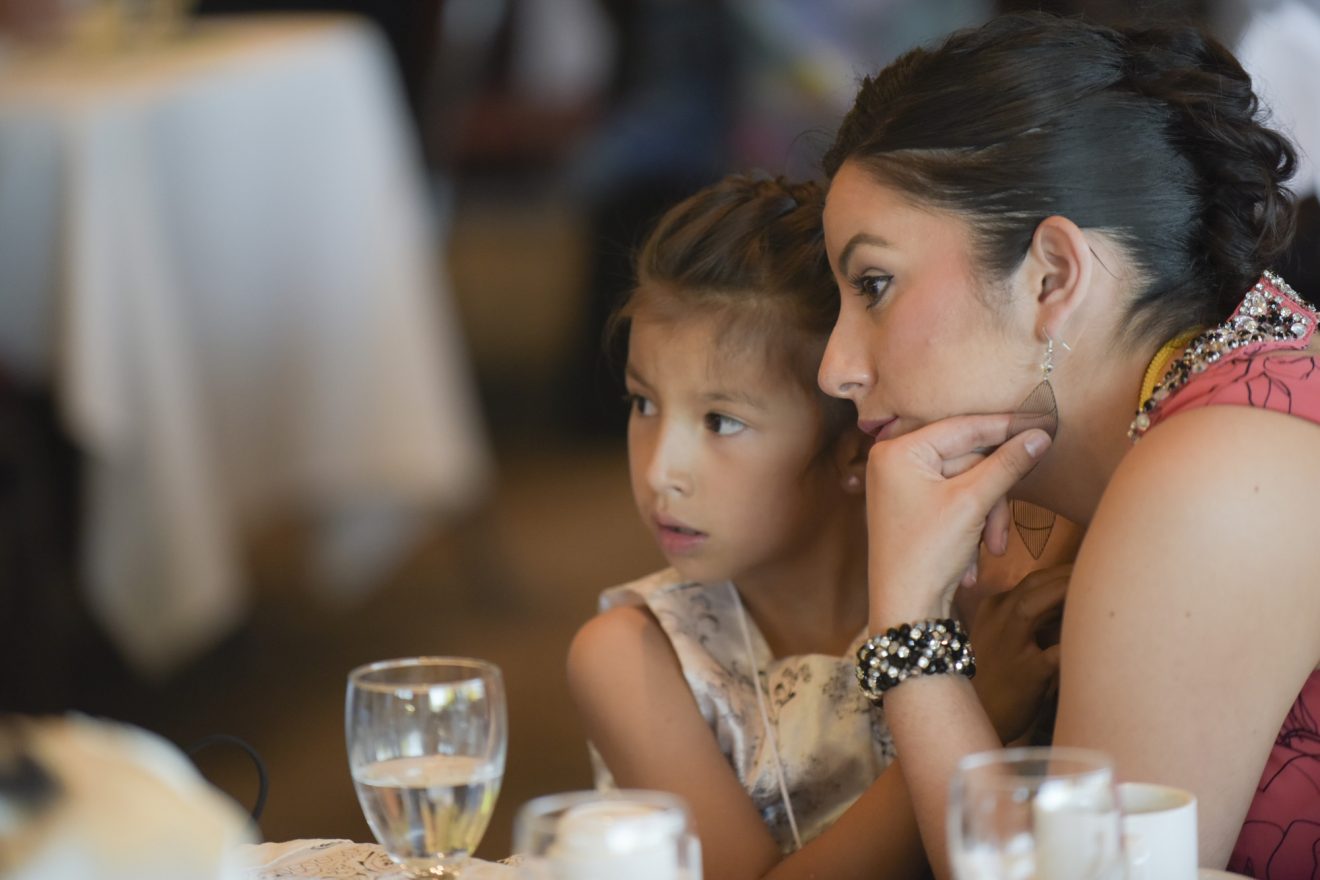
How Micro-Influencers Can Transform Your Business.
Lorem ipsum dolor sit amet, consectetur.
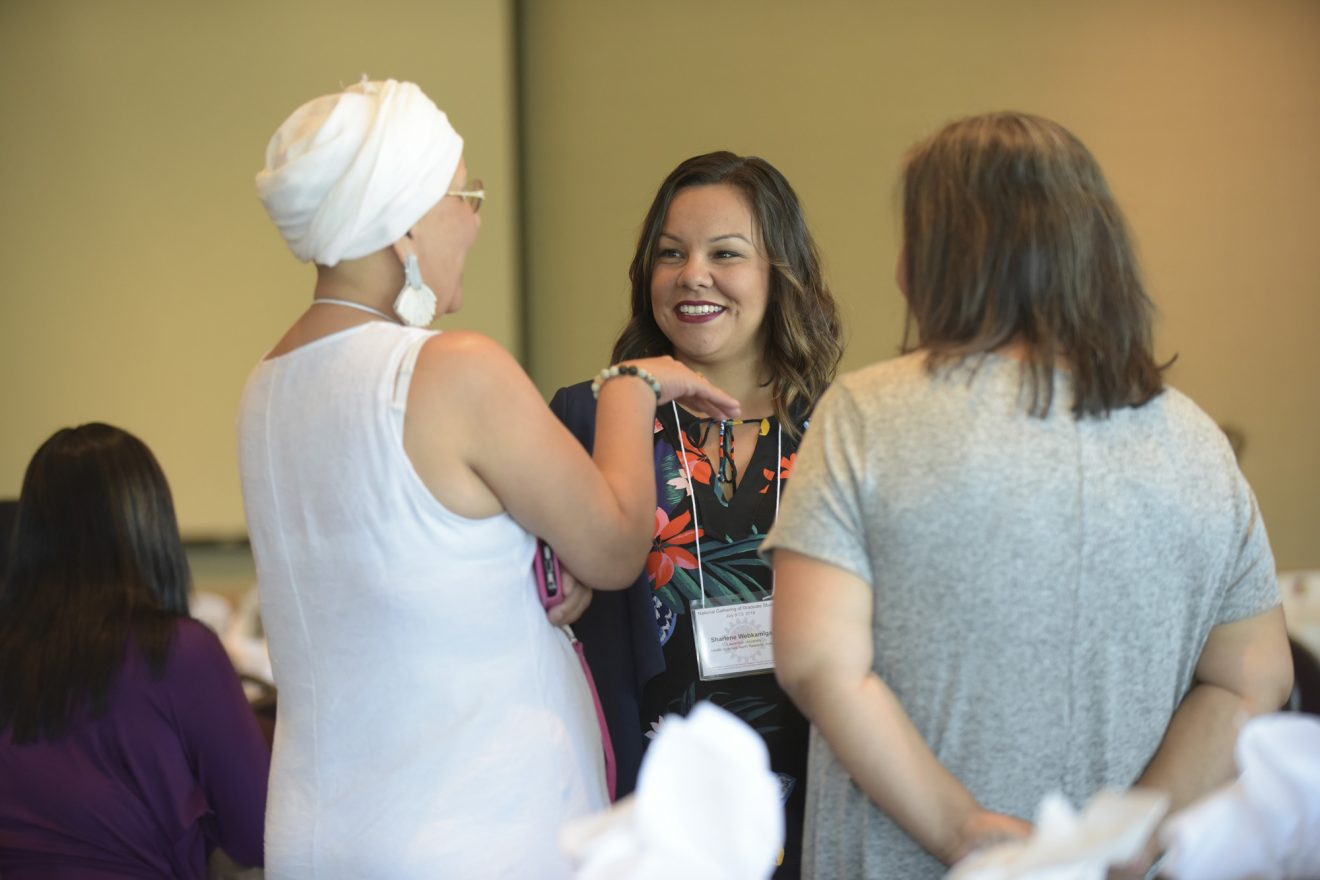
Influencer Marketing Trends to Expect in 2022.
Lorem ipsum dolor sit amet, consectetur.
Gallery
Lorem ipsum dolor sit amet, consectetur adipiscing elit. Ut elit tellus, luctus nec ullamcorper mattis, pulvinar dapibus leo.
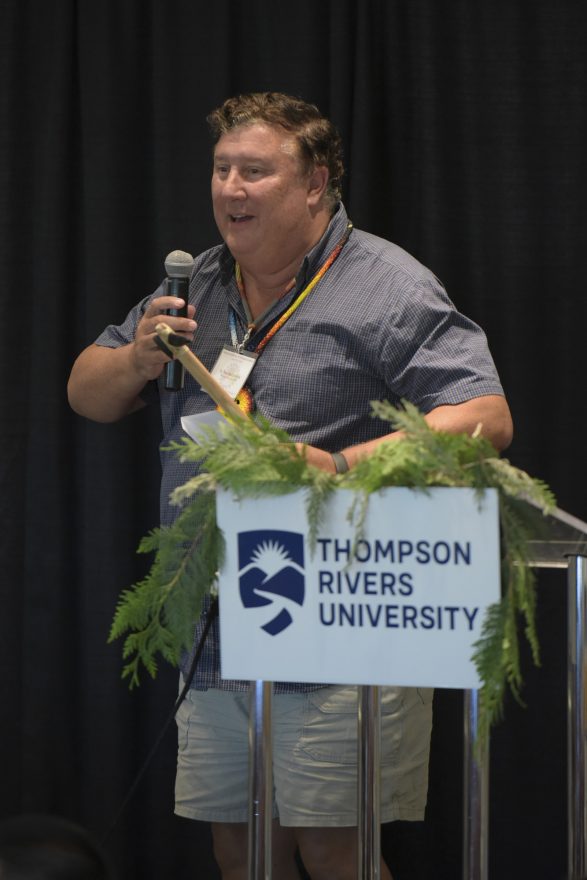
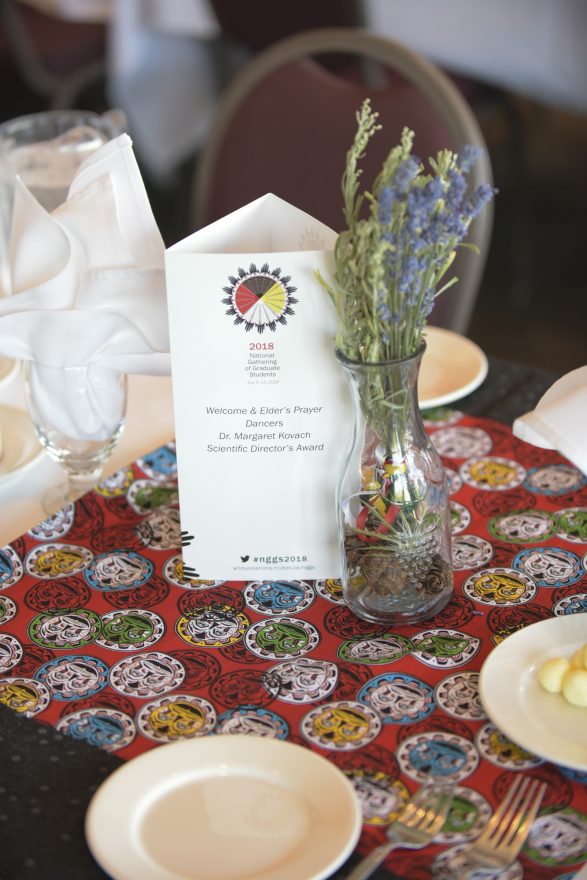
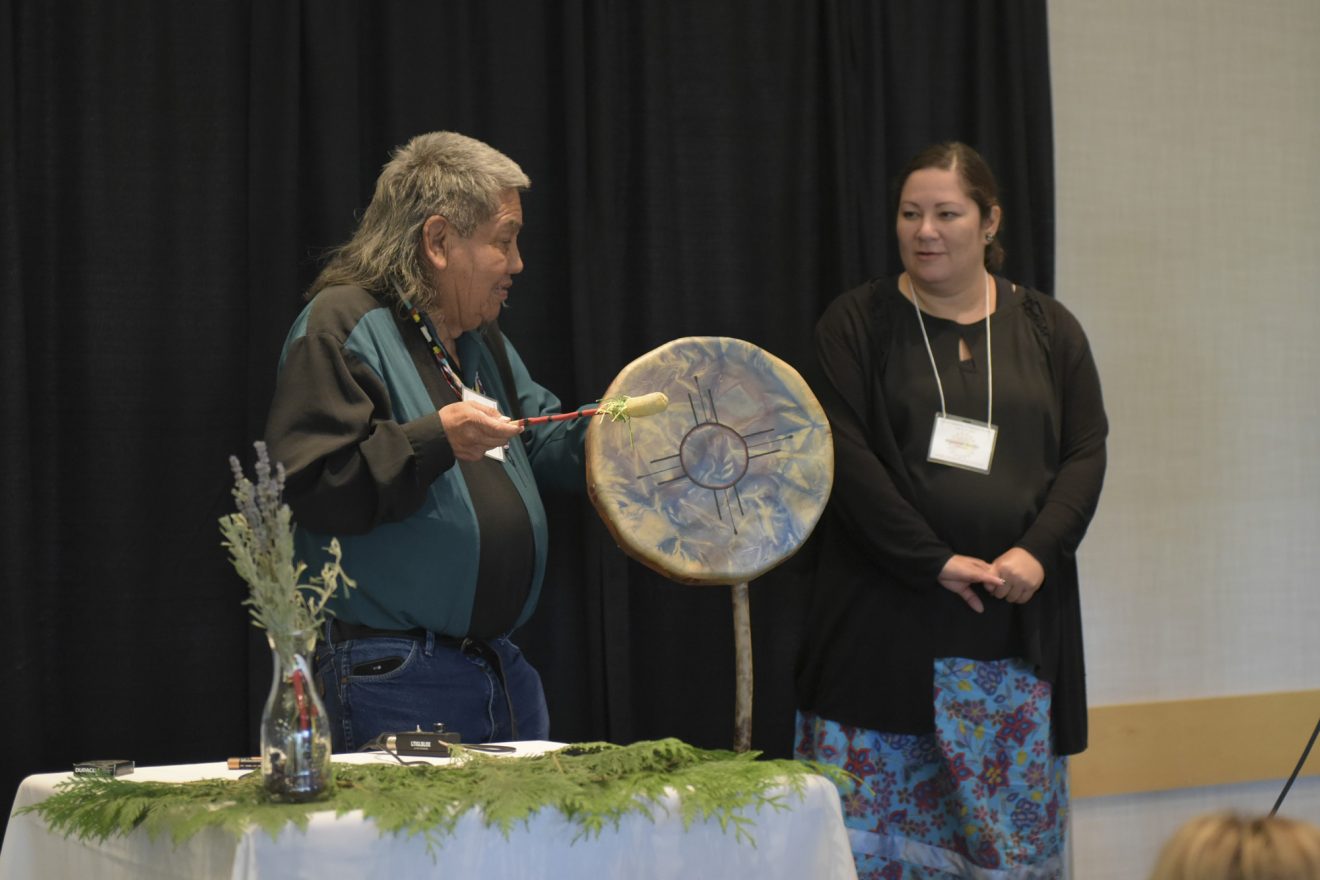
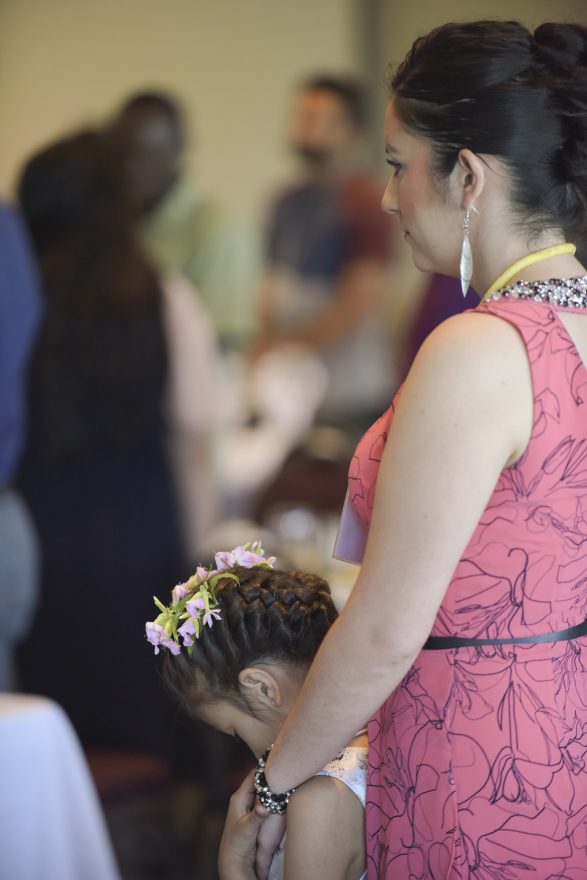
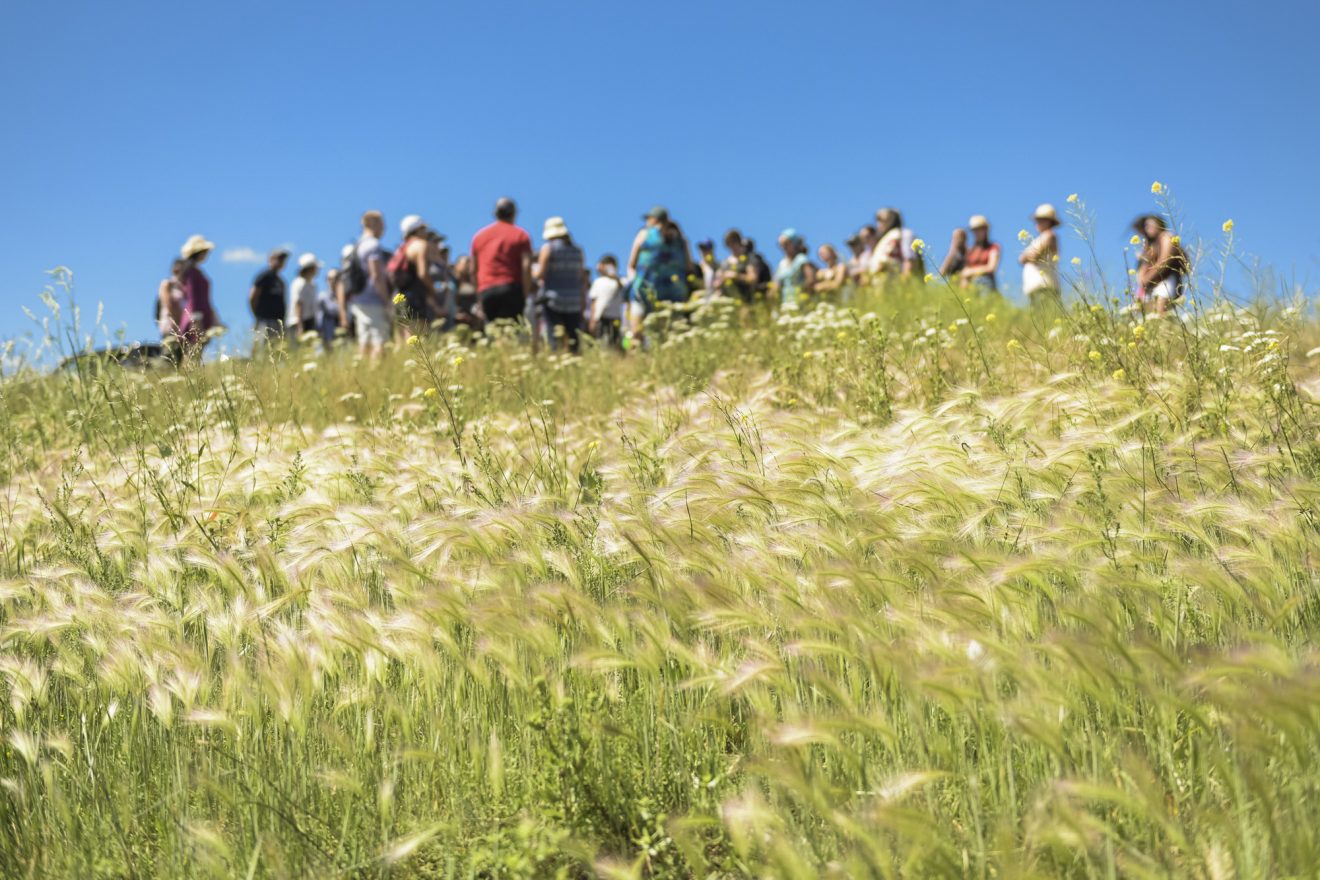
Followers Across YouTube, Facebook And Instagram.
Enim nunc faucibus a pellentesque sit amet porttitor. Porttitor rhoncus dolor purus non enim praesent elementum facilisis leo. Imperdiet massa tincidunt nunc pulvinar sapien. Nunc eget lorem dolor sed viverra. Felis bibendum ut tristique et egestas quis ipsum suspendisse.
Molestie at elementum eu facilisis sed odio morbi quis. Elementum pulvinar etiam non quam lacus suspendisse. Egestas congue quisque egestas diam. Id diam vel quam elementum pulvinar etiam. Phasellus vestibulum lorem sed risus. Consectetur adipiscing elit duis tristique sollicitudin nibh sit amet. Vel orci porta non pulvinar neque laoreet suspendisse interdum consectetur. Duis ut diam quam nulla porttitor massa id.
